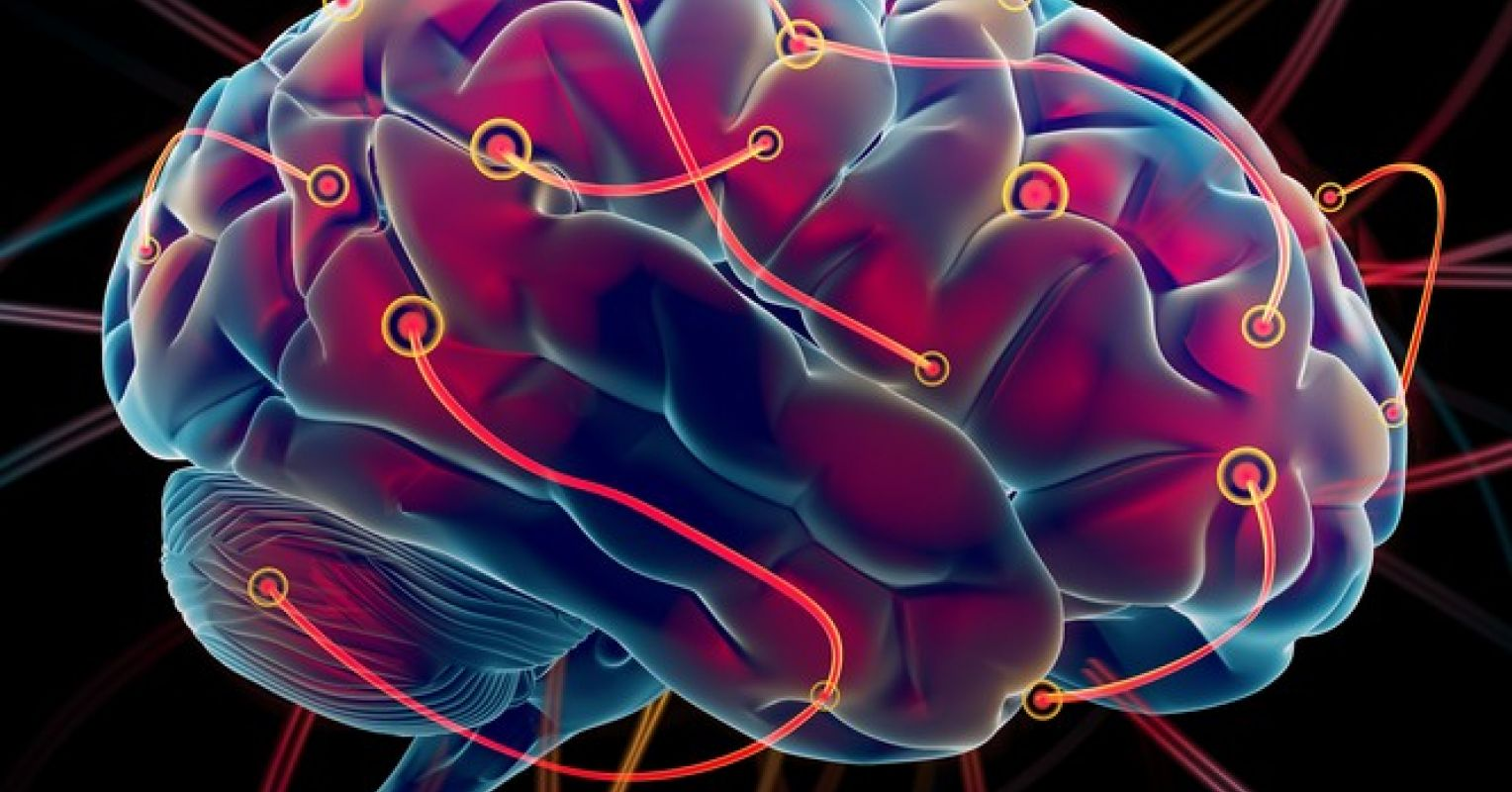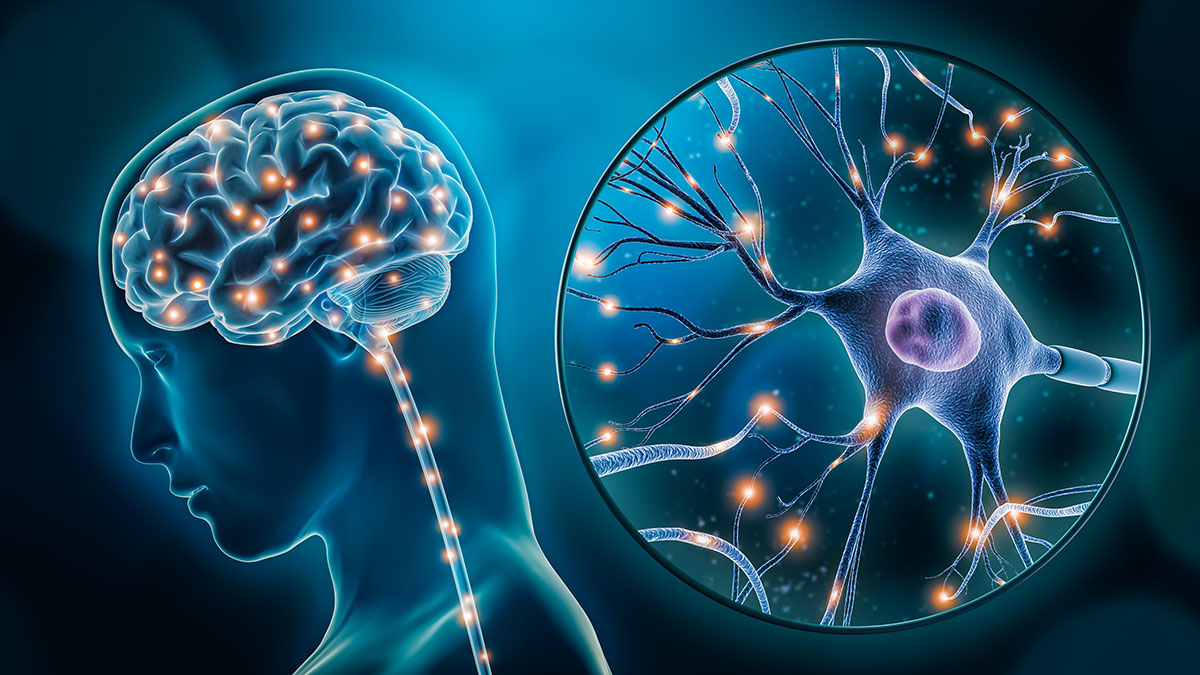 |
psychologytoday.com |
Also called brain plasticity, neuroplasticity refers to the capacity of the central nervous system to change as a response to a stimulus. The biological process in which the brain reorganizes its synapses or the links between nerve cells allows them to pass messages to communicate.
The brain is designed to always try to optimize its functioning. As a result, certain biological mechanisms are in place that allow relevant neural networks in the nervous system to grow stronger and weaken irrelevant connections. The changes in the synapse connections determine how people behave in certain situations or scenarios and help in the formation of memories.
According to Dr. Curtis Cripe, understanding brain plasticity is essential because it plays a huge role in basic human experiences. For example, neuroplasticity is at the root of learning and memory.
 |
| psychable.com |
There have also been other manifestations of brain plasticity. Studies show that taxi drivers have a bigger volume in their hippocampus or the brain structure that aids in one's ability to navigate. Professional musicians and mathematicians have also exhibited changes in their brain structures compared to control groups.
Dr. Curtis Cripe is a multidisciplinary neuroengineer with a diverse background in various fields, including bioengineering, addiction recovery, psychology, brain injury, and software development. He is the founder of NTL Group, an international team of neuroengineers and neuroscientists. To read more about the subject, check out this blog.